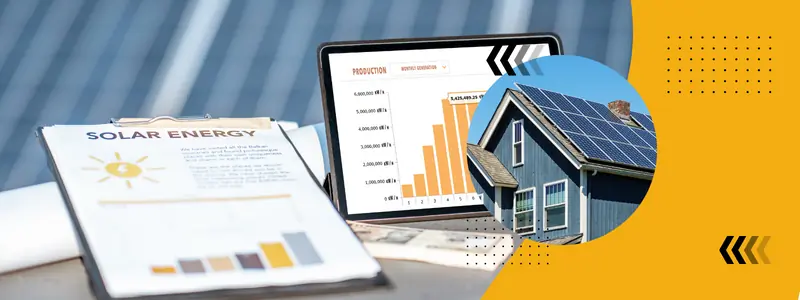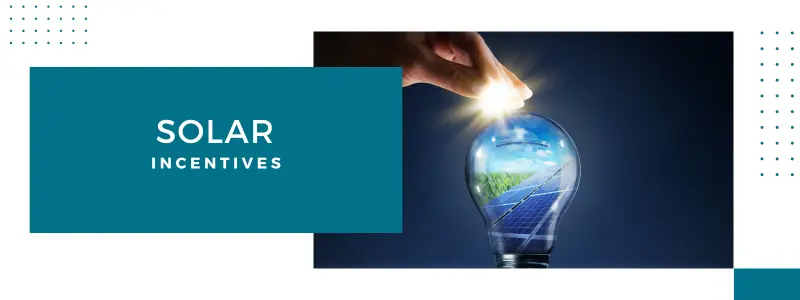Discover the Power of Solar Energy in Georgia!
Welcome to Georgia, a state known for its rich history, diverse ecosystems, and now, its growing role in the solar energy landscape. With a climate that offers generous amounts of sunshine throughout the year, Georgia presents an excellent opportunity for solar power development. This potential provides a compelling option for homeowners and businesses interested in harnessing clean, renewable energy. Supported by attractive incentives aimed at lowering the barriers to entry and bolstered by a community enthusiastic about green initiatives, Georgia is on the verge of a solar breakthrough. Learn how tapping into the state?s solar capacity can light up your home, decrease energy expenses, and promote a healthier environment right here in the Peach State. Join us in utilizing the sun?s boundless energy and moving towards a brighter, more sustainable future in Georgia.
Explore Your Rooftop's Solar Potential
Discover how much solar energy your rooftop can generate. Enter your address below:




